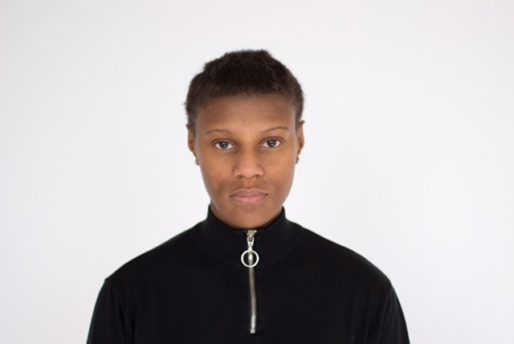
- Tell me about you, as an artist. How do you define art? What art do you make?
I don’t think art has one complete definition. Art is something that will never be absolutely pin pointed because of how subjective it can be. I think it is the most prominent thing in our lives without realising it. This idea that we exist in a world where we see colour and our bodies are living and breathing is art for me. We are living breathing art, because we as people have stories, and I think art does that, it speaks the truth and it has the potential to tell a story. The memories, the events of your life is the art of you. Our own art is us. I think it comes from experiences and objects such as sex, intimacy, wood work, to more commonly associated things like painting, writing, theatre. All offer something different. What unifies these things is potential. Art has the potential to do and say what it wants, it offers freedom that science cannot. I make written art, in terms of my writing, but in another sense visual art. The sense that my writing has the potential for readers to visualise what I did when I wrote it, or to feel it. My art is the reflection of human emotion through words.
- How do you feel your development as an actor influences your writing?
It doesn’t directly influence my writing in terms of what I write about. However when I perform in or see shows at the theatre, I can often draw parallels between the mood I am feeling and the atmosphere on stage and then, incorporate this into my work. Not necessarily talking about the feeling but rather an experience which reminds me of the feeling. Being an actor has helped me to consider my writing for stage and how this would work, as well as visual images which could be included in my writing. Overall, I’d say my experience as an actor has allowed me to look specifically at physical theatre and begin to connect this to my written work.
- You began attending Identity, our BAME writers group last year. How has this influenced your writing process?
Form and structure have been the biggest influences. When I first began attending workshops, most of my work either didn’t have any sense of form or followed a traditional stanza by stanza pattern. However, the group allowed me to realise that I could channel how I felt into the way my words were structured. This encouraged me to start experimenting with moving words around the page to create something which not only represented how I felt, but also something visually interesting.
- You were recently selected by Young Enigma as one of three new poets to have a debut pamphlet published. How did you feel when you found out you had been selected? How would you describe your collection?
I was ecstatic. Somewhat overwhelmed and proud of myself, I’d been able to put together a collection which best represented me and told a story, but also expressed my opinions. The collection is vulnerable, raw and honest. It tells you who I am as a person and what I’ve been through.
- Your first piece of published flash fiction, The Strangest Thing will be in our upcoming anthology, Shots in the Dark. What were the challenges of writing in different form to poetry? What inspired your piece?
The challenges came from finding ways to describe things whilst avoiding rhyme and structuring punctuation to deliver different effects. Most of my poetry avoids punctuation or uses it in a limited way. Coming up with a short narrative that concluded somewhere sharp and wasn’t drawn out really pushed me to find the flash in fiction. My inspiration for the piece came from the poem, Stealing by Carol Ann Duffy. I used this as a stimulus to help me generate ideas.
- Though very early on in your writing career, you’re making exciting progress. Who/what inspires you to write and helps to keep you motivated?
The world around me and events that take place in my life inspire and motivate me the most. I am influenced by emotions in every sense and how I and others are affected by them. This has always been the most interesting thing for me. My writing always comes from a place of experience in terms of poetry. I’m not a writer who sits and writes for the sake of it. I write in moments where I am affected.
- What’s next for you in your writing career?
I hope to create a short chapbook which combines poetry and photography to further explore my storytelling ventures, whilst putting a stamp of place or time on each poem. I hope to develop my writing skills in a way that will allow me to create experimental theatre, taking influence from artists like Scottee.
- Where can we find out more about you and your work?
Do You See Me?, a speech I wrote and performed in association with Figures of Speech will be released on YouTube on April. It explores my experience with societal conventions of beauty.
At the moment, I don’t have a website or blog (watch this space) but some of my poetry features on my Instagram page @abstractkid_
- Sum up your experience thus far in one word.
Intense.
